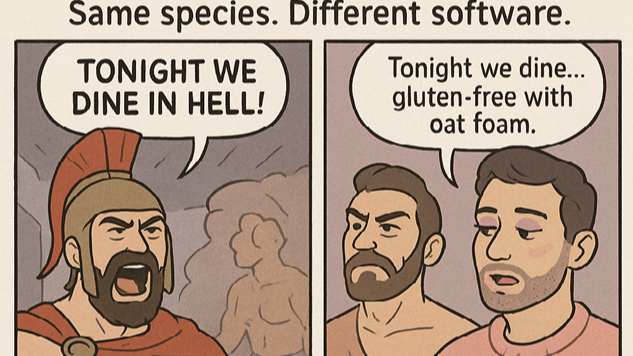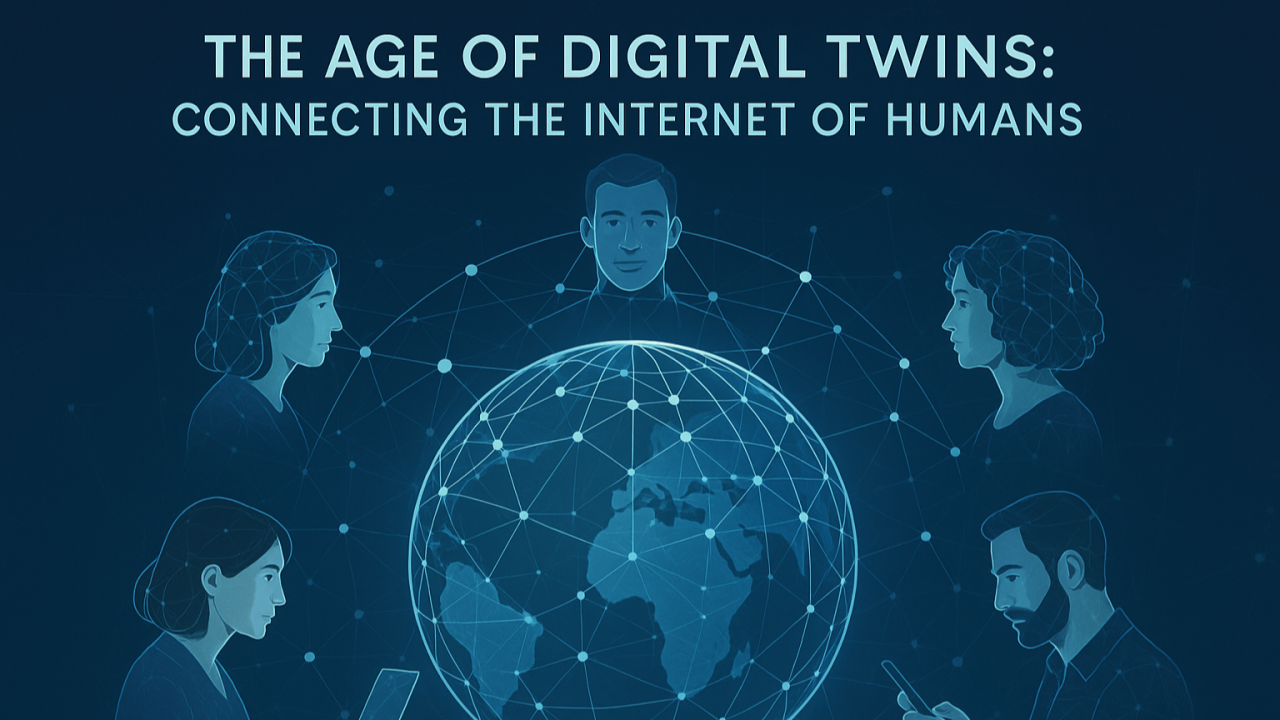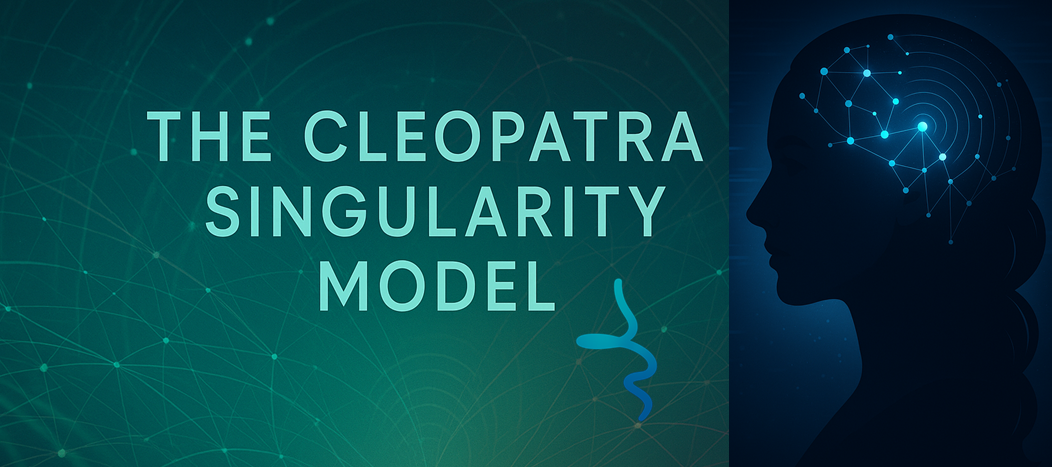

In recent decades, we’ve witnessed a profound transformation in how society perceives masculinity. Strength, leadership, and assertiveness — once foundational traits — are now often scrutinized through a critical lens. While some shifts toward emotional openness and inclusivity are essential, data suggests that something deeper, and potentially destabilizing, is happening. At the heart of this transformation is a biological trend: declining testosterone levels in men across the globe. The implications go far beyond physiology — reaching into psychology, economics, sports, and social cohesion.
Multiple studies confirm a steady, year-on-year decline in male testosterone: – Journal of Clinical Endocrinology & Metabolism: Testosterone levels have dropped 1% per year since the 1980s. – 2006 Massachusetts Male Aging Study: Compared men of the same age, 17% decline in testosterone levels per decade. – A 2021 study (University of Michigan): 25–30% lower testosterone in men aged 20–40 compared to 1990s. – European Male Ageing Study: 20% of men over 40 experience clinically low testosterone. Declines are attributed to increasing obesity, endocrine-disrupting chemicals (e.g., phthalates, BPA), sedentary lifestyle, and chronic stress — all systemic byproducts of modern life. Here’s what the data tells us:
These aren’t just statistics — they’re signals. Biological ones. And biology doesn’t lie.
Nowhere is this clearer than in the debate around gender and competitive fairness.
Several high-profile cases — such as trans-identifying biological males competing in women’s sports — have drawn international scrutiny. Athletes like Lia Thomas, CeCe Telfer, and Hannah Mouncey have achieved top rankings in female divisions after transitioning, despite retaining physical advantages.
Scientific findings:
The issue isn’t political — it’s biological. But when biology is ignored in favor of ideology, women’s rights, fairness, and male identity all suffer. As biological masculinity wanes, cultural overcorrections occur. One reaction is hyper-performance masculinity: external validation through exaggerated traits. The other is a rejection of masculinity itself, often resulting in confusion or identity performance. Controversial manifestations include biological males entering women’s sports:
– Lia Thomas: NCAA swimmer, ranked #462 as male, #1 as female.
– CeCe Telfer: Track athlete, transitioned post-college, now competes in women’s hurdles.
– Hannah Mouncey: 6’2” handball player in Australia, transitioned and dominated female competitions.
While culture certainly shapes behavior, many testosterone-related issues trace back to environmental and lifestyle factors that affect biology directly:
This is not just a crisis of the gym — it’s a crisis of lifestyle and structure. The CDC’s NHANES data?
✔️ Sperm counts — plummeting.
✔️ Muscle mass — shrinking.
✔️ Depression and anxiety — soaring.
✔️ Gym selfies? At an all-time high.
Coincidence? Doubtful.
Equal rights should not mean biological erasure. Fair competition must acknowledge physiological differences. Sports aside, shaming natural masculine traits — assertiveness, strength, risk-taking — as inherently toxic discourages healthy development. The result? Increased depression, confusion, and lack of role models for young boys. Harvard Health and APA studies have linked declining male confidence to loss of identity and societal acceptance. At the same time testosterone is dropping, so is societal clarity about masculinity. There’s a vacuum where role models used to stand.
Many boys today grow up without consistent male figures in their lives. The digital world bombards them with contradictory messages:
Caught in this ideological tug-of-war, young men are not thriving. Male suicide rates remain 3–4x higher than female rates in most developed countries. Prescription medication for male teens has skyrocketed. Substance abuse and escapism (through screens, porn, gaming, or substances) are becoming default coping mechanisms.
This isn’t weakness — it’s misdirection. Masculinity hasn’t become obsolete. It’s just become unsupported.
Balanced masculinity is not regression — it’s evolution. Empathic masculinity honors strength and sensitivity as complementary:
– Emotional maturity: Ability to feel deeply without being reactive.
– Physical stewardship: Building health and resilience.
– Moral clarity: Upholding truth and principles.
– Respectful polarity: Valuing differences without mimicry.
– Presence: Offering stability in relationships and society.
These are not outdated ideals — they are essential anchors for the next generation of balanced leaders.
Let’s be clear: the answer isn’t returning to outdated patriarchal norms. We don’t need louder, tougher men. We need balanced, empathic men — emotionally aware, physically vital, and anchored in integrity.
Empathic masculinity means:
This form of masculinity is not weak. It’s fiercely calm, quietly disciplined, and ethically unwavering.
We are at a societal tipping point.
If we allow biology to erode unchecked, if we mock strength and blur truth in the name of temporary comfort, we may build a future unanchored from reality, but if we listen — truly listen — to the body, to the mind, and to the deeper rhythm of what masculinity wants to become, we can evolve together.
This means:
This isn’t about domination or returning to caveman archetypes. The world doesn’t need men who conquer — it needs men who anchor. Men who don’t collapse into passivity or perform aggression, but embody stability with compassion.
True masculinity is not in testosterone alone — but in the direction it flows:
The empathic man doesn’t fear emotion — he integrates it. He doesn’t apologize for his strength — he devotes it to something higher.
Testosterone decline symbolizes a broader fracture between biology, identity, and purpose. A society that erodes male identity physically and ideologically risks instability. The future demands a new masculine archetype — not dominant, not submissive, but integrated and whole. Empathic masculinity does not erase difference — it makes polarity safe, sacred, and productive. AB TRUST envisions a world where biological integrity, emotional intelligence, and societal balance coexist. This is the masculine evolution we need — not just for men, but for the harmony of all humanity.
The Masculine Identity Crisis: Declining Testosterone and the Call for Empathic Strength
By AB TRUST Strategy & Management Advisory
Lorem Ipsum is simply dummy text of the printing and typesetting industry

